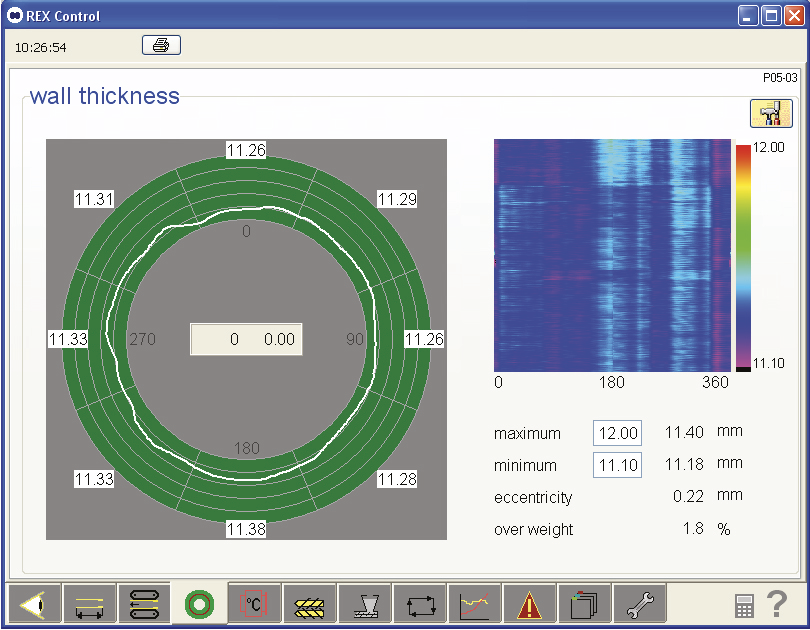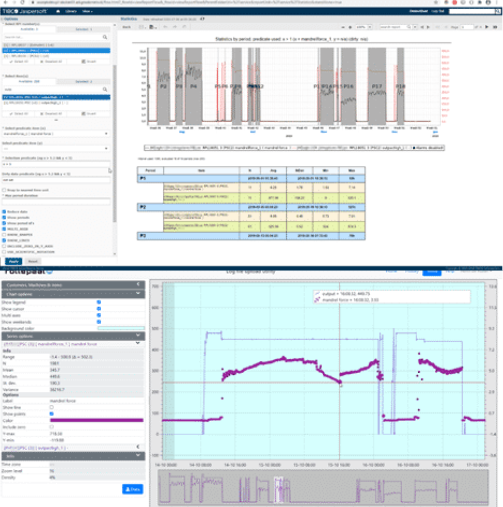''The need to act has never been more urgent''
These are the words used by Joe Venegas, Rollepaal's R&D manager, describing the challenge that companies and the scientific society are facing to answer the increasing demand for piping systems when the common material used for pipe production is becoming day by day more expensive and scarce.
To simplify the idea, he mentioned that according to data, over the last year, several regions around the world have had raw material shortages. During those shortages, pipe producers chose to run lines that consumed less material per meter, such as Multi-layer PVC or PVC-O lines. The reasoning was simple: With the same amount of material 30-50% more meters of pipe could be made and sold on a multi-layer or PVC-O line compared to other products. Hence, if nothing changes, then the most robust businesses will be built around technologies that use the minimum amount of material.

Venegas (2021) pointed out the existence of many technologies which reduce material consumption, such as technology for structured wall pipes, foamed core pipes, and PVC-O. Whilst, according to him, the real question is how we can speed up the adoption of those technologies and others, which reduce material consumption. Usually, the reduction of the material comes with increased complexity in production. Therefore, in his article Accelerating Sustainability through the Accelerated Adoption of Technology" (2021) we find two means to speed up the adoption: by reducing the complexity of operating the lines and by learning and adapting more quickly.
First, in order to reduce the complexity, it is suggested to implement more basic systems on the complex lines. For instance, to accelerate the adoption of a multi-layer production line, Rollepaal recommends using gravimetric feeding on both the skin and core extruder. Since balancing flow between the skin and core extruders is one of the key requirements for consistent production. The use of gravimetric systems on both extruders will reduce the variation in extruder output and hence will improve the robustness of the production process.
As a second step in reducing complexity, experts of Rollepaal suggest implementing automation wherever possible. Such as automated thermal centering, automated haul off control, or automated pulling force control in PVC-O. The idea behind these additions is to make the processes as simple and as automated as possible, to make the adoption of new lines as easy as possible.

Next to decreasing complexity, it is important to learn from data. For instance, the producer can use the data generated from the extrusion line (on average 0,8 GB of data per day) not only to find a root cause of a production problem that happened but to prevent future problems from happening. Therefore, there is a need of tailor-made systems that understand how a production line operates, can warn of current or future issues, and can review the effectiveness of production over time. As an example, the system attached to Rollepaal Extrusion Technologies can automatically:
- determine from machine data:
-
- Start and stop of runs
- Pipe size being produced
- Pipe in tolerance or scrap
- Whether the machines in the line are functioning as desired or require maintenance.
- produce:
-
- Weekly or monthly reports
- Proposals for more efficient production plans
- Notifications of:
- Line down
- Machine down
- Scrap production
- Excessive overweight
- Failure of cost control systems like gravimetric and scanners.

To conclude, the technologies to significantly decrease the environmental impact of plastic pipes already exist. There is a need to focus on speeding up adoption by making the production systems more automated and more robust and by storing and analyzing the production data in order to learn fast and change quickly.
For more details you can download the paper ''Accelerating Sustainability through the Accelerated Adoption of Technology'' (Venegas, 2021) clicking here